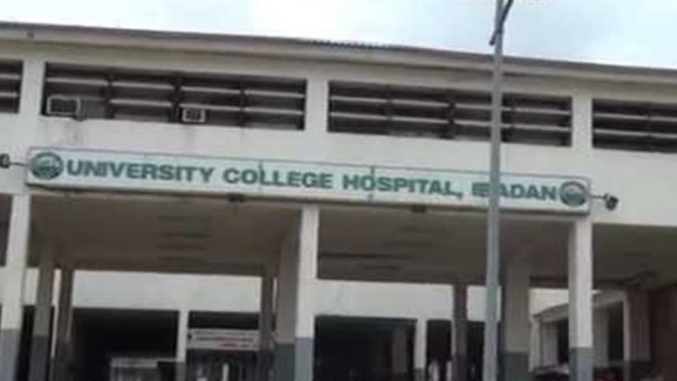The University College Hospital (UCH), Ibadan is working round the clock to provide alternative and sustainable electricity power to the hospital in the face of its disconnection by the Ibadan Electricity Distribution Company.
UCH’s Chief Medical Director, Professor Jesse Otegbayo, in a release,said the hospital has since embarked on a phased approach, including the provision of alternative energy (solar inverters and diesel-powered generators) in critical units such as the wards, accident and emergency, labour ward and theatres.”
According to him, the hospital has continued to engage well-wishers and stakeholders (Locally, Nationally and Internationally) including the Ministry of Health and IBEDC in a bid to find long-lasting and sustainable solutions to the power challenge and many have supported with generous donations to support the provision of alternative energy.
The hospital has also made concerted efforts to ensure that it continues to deliver on its core mandates of Clinical Services, Research and Training despite the disconnection by IBEDC from the national grid,he said.
He refuted recent reports that patients bring generators to the hospital to supply power to the wards is inaccurate and cannot be unsubstantiated, claiming that the information lacks credibility.
He added: “The writer claimed, among other fabricated lies, that patients bring generators to the hospital to provide power to the wards. The hospital management wishes to inform the general public that these allegations are false and unfounded. There is no credibility in that report. The malice and misrepresentation are depicted in the several low-capacity generators displayed by the writer. The UCH does not operate these mini generators.
“Management wishes to reassure the general public that this is a deliberate and malicious misrepresentation of the facts. Despite the disconnection by IBEDC, the hospital has made concerted efforts to ensure that we deliver on our core mandates of Clinical Services, Research, and Training.
“The UCH management is working round the clock to provide alternative and sustainable electricity power to the hospital. Indeed, we have since embarked on a phased approach, including the provision of alternative energy (solar inverters and diesel-powered generators) in critical units such as the wards, accident and emergency, labour ward and theatres.”

